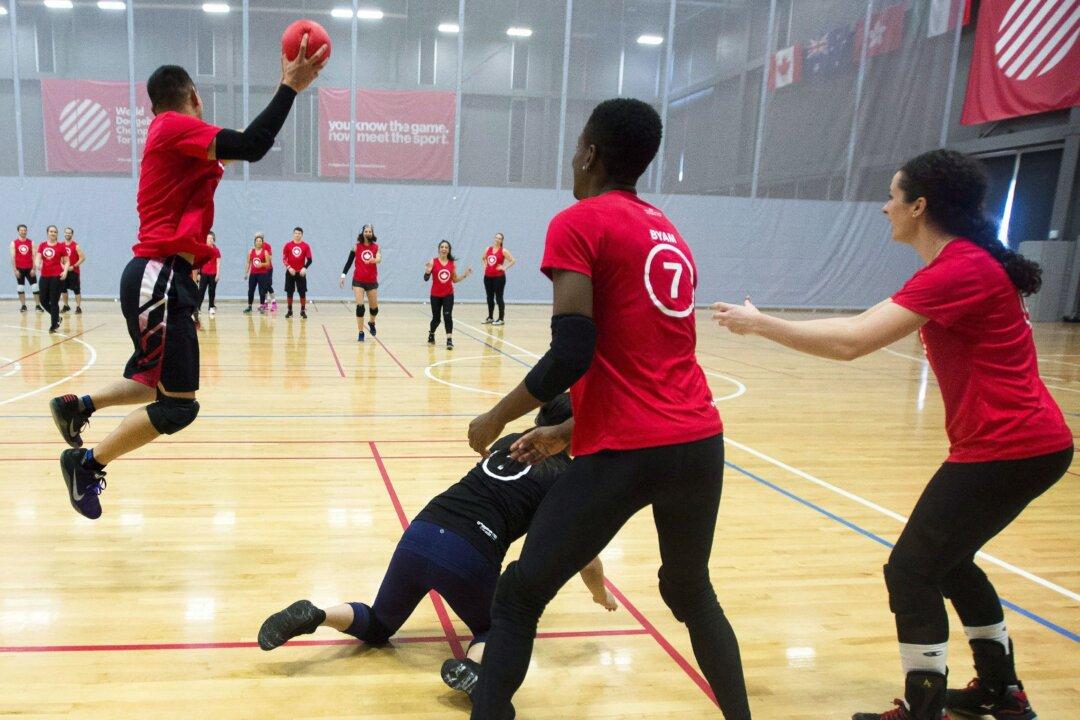Is dodgeball a harmless game or legalized bullying?
This was the riveting topic of a paper three education professors presented at the Canadian Society for the Study of Education’s 2019 annual conference in Vancouver earlier this month.

Is dodgeball a harmless game or legalized bullying?
This was the riveting topic of a paper three education professors presented at the Canadian Society for the Study of Education’s 2019 annual conference in Vancouver earlier this month.